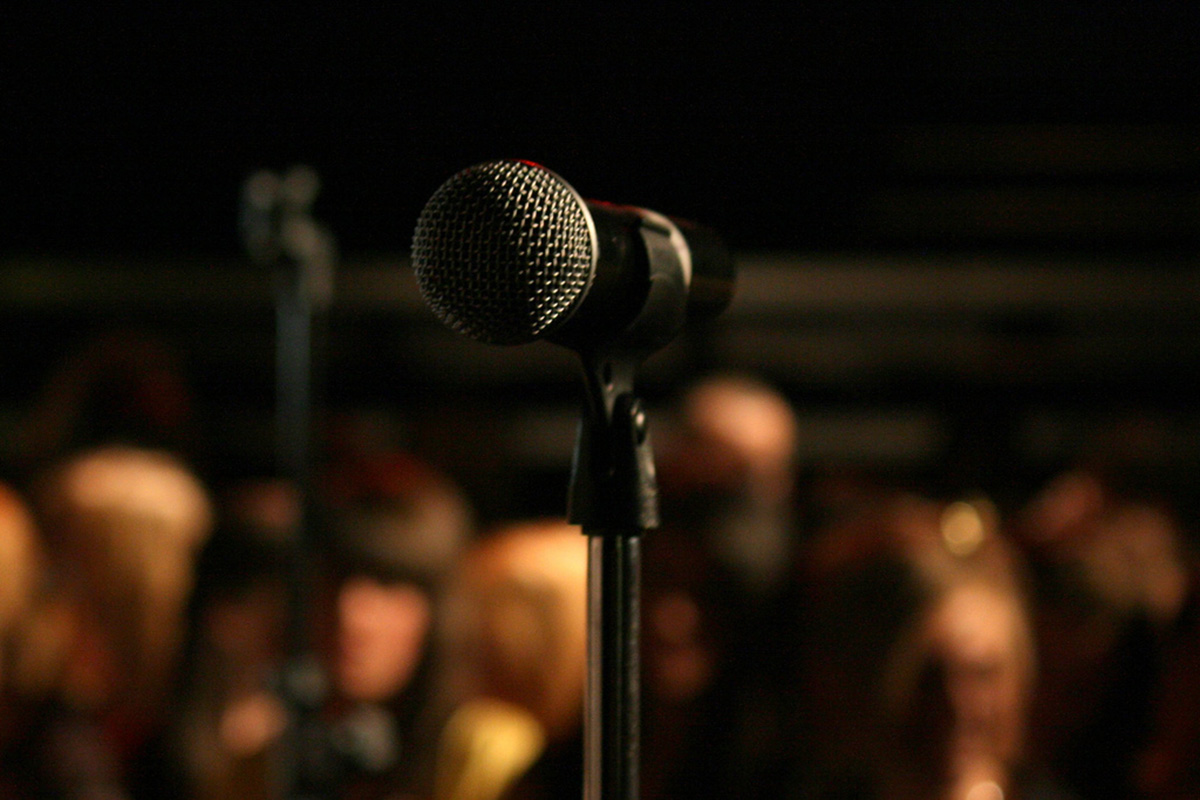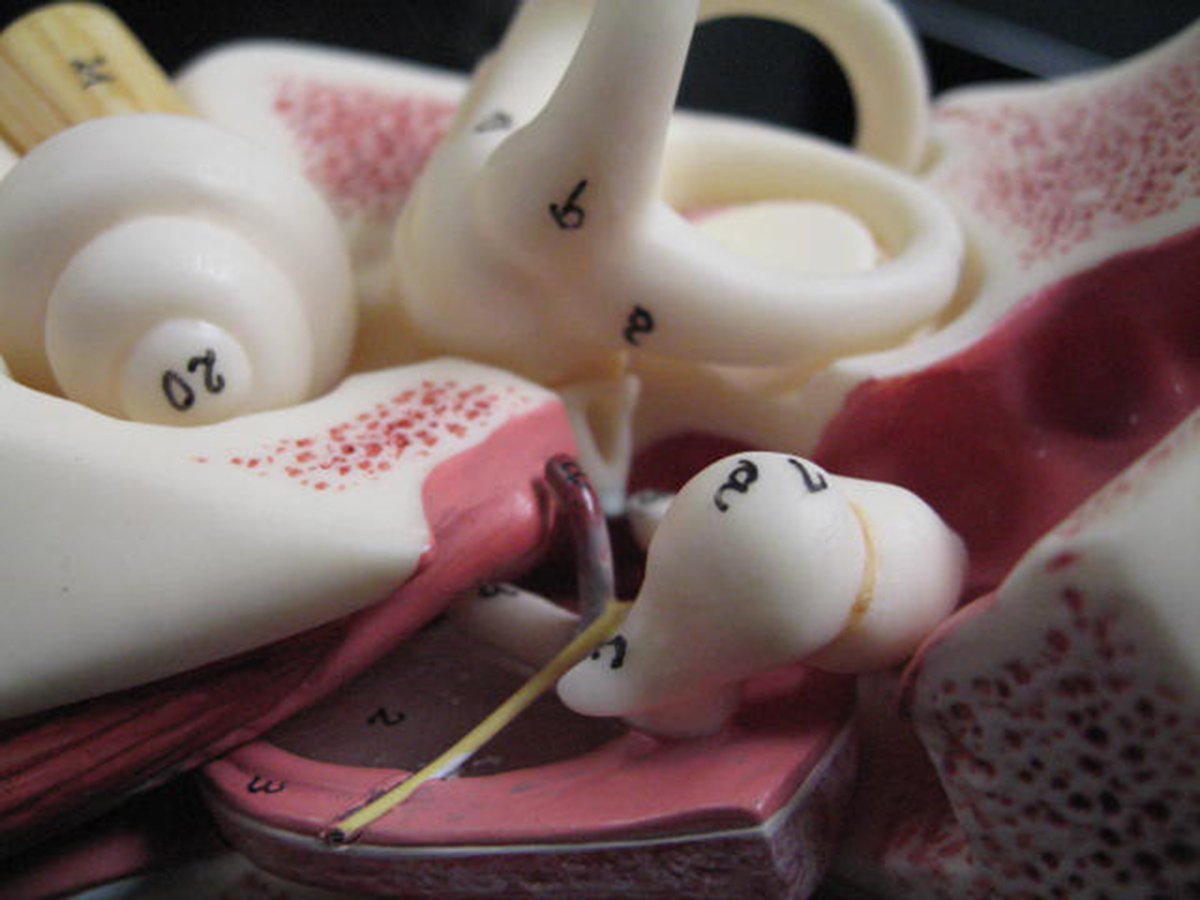Our understanding of hearing loss and the underlying mechanisms have improved greatly over the last few years, something that has led to a re-evaluation of long-held beliefs. Conventional thinking has taught us that a single exposure to loud noise is not harmful to the ears over a long time and that only sustained, repetitive noise damage has the potential to cause hearing loss.
One of the shocking facts that have recently caught a lot of attention is that even a single exposure to loud noise, such as that experienced during a concert, is enough to cause permanent damage to your hearing.

Noise-Induced Ear Damage: A Traditional View
The old theory of hearing loss caused by excessive noise postulated that the hair cells lining the inner ear get damaged by excessive vibrations, leading to hearing loss. These hair cells are exquisitely sensitive and are irreparable. Studies testing out this hypothesis found results that were in line with it, concluding that hair cells are unlikely to be damaged in a single high decibel event and instead may take years or even decades to be damaged by this method.
Recent Evidence Challenges The Idea That Your Ears Are Safe If You Only Go To Concerts Occasionally
Now, however, animal studies and a few human studies have shown that while these hair cells survive for a long time, the nerves that transmit the signals from the cells to the brain may not be that lucky. These studies have found convincing evidence that permanent damage can be caused just by a solitary exposure like attending a musical concert.
The pioneering work in this field has been done by neuroscientists M Charles Lieberman and Sharon G, who have been studying noise-induced hearing loss for the better part of their careers. One of the reasons why this nerve damage was not known earlier was because stains to isolate them as they degenerated simply did not exist, thereby making animal studies and collecting histological evidence impossible.
Hearing Loss Hypothesis
Lieberman and Sharon have put forward the hypothesis that even a single exposure to loud noise can cause degeneration and death of nerve fibers that connect the hair cells and the brain. This degeneration, they say, is caused by an over-production of glutamate. This acts as a neurotransmitter and a chemical signaling compound in normal conditions, however it plays a role in degeneration when produced in larger quantities.
This degeneration and loss of hearing is also not discernible in normal audiograms, since the partial degeneration of some of the nerve fibers is not enough to cause severe enough hearing loss to show up on these tests. Our brain compensates for some of the hearing loss and adapts so people often experience a return of hearing abilities to normal after an initial few hours where cotton seems to have been stuffed in their ears.
READ Bulb Syringes Are an Effective Tool for Earwax Removal
This however, does not mean that it should be ignored; it just means that our current testing methods need to be more sensitive. This hypothesis is backed by some convincing animal studies and is expected to cause a significant shift in the way hearing loss is studied by scientists all over the world. A lot more work and human studies will be needed to quantify the ramifications of these findings.
Causes, Symptoms And Management Of Hearing Loss
Causes Of Hearing Loss
- Age-associated degeneration: this is the most common cause for hearing loss and is attributed to a number of factors ranging from genetic and environmental to even physiologic.
- Noise-associated hearing loss: It is no coincidence that people who are occupationally exposed to high noises have a much higher rate of hearing loss than other groups.
- Side effects of medication: A large number of medications have been associated with hearing loss and this is something that should be looked at by your doctor if the hearing loss appears soon after a new medication has been started.
- Systemic diseases like diabetes, high blood pressure, bone metabolic disorders and others can cause hearing loss by affecting the blood supply or nerve function of the ears.
- Trauma: Physical trauma to the ears can cause sudden hearing loss and can be extremely difficult or even impossible to repair.

Symptoms Of Hearing loss
The symptoms of hearing loss will be difficult to pick up in the initial stages and are missed by most patients. Some things to look out for are:
- You tend to hear the background noise but are not able to discern conversations that are occurring over it.
- Talking on the phone seems more difficult as the voices seem to be muffled.
- People with hearing loss will misunderstand what is being said for other similar sounding words.
- You may have to ask people to repeat themselves often enough for them to start getting irritated.
- The volume of the TV always seems a little too low to you even when others are able to hear it just fine.
Managing Hearing Loss
Once you have been diagnosed with hearing loss, your doctor will attempt to classify the severity of the hearing loss by conducting some tests and isolate the reason for this hearing loss as well.
Some causes like infection, hearing loss due to a medicinal side effect, caused due to osteosclerosis are amenable to treatment and almost a complete reversal can be expected. The treatment may involve es antibiotic treatment, removal of the offending medicine and surgery but the prognosis is good for the patients.
However, with most of the other causes, there is a high likelihood of the patient coming away with some level of permanent hearing loss. Hearing aids are a popular and effective method to deal with permanent hearing loss. It should be mentioned that these aids sometimes distort what is being said and so the patient can take a little time to get used to them.
There are other technologies that are emerging which help you focus on a particular thing to listen to while drowning out other noise. Cochlear implants are also rising in popularity as a way to combat permanent hearing loss.
READ Is Your Ear Pain Really Caused By A Dental Problem?
In Conclusion...
Our normal conversation levels are around 60 decibels, and a single exposure to noises around 85-110 decibels can damage our ears permanently. It is imperative that more people be made aware of this and proper warnings be given to people attending high decibel events. Wearing ear plugs to your next concert may be something that should seriously consider.
- Photo courtesy of comedy_nose via Flickr: www.flickr.com/photos/comedynose/3638971241
- Photo courtesy of comedy_nose via Flickr: www.flickr.com/photos/comedynose/3638971241
- Photo courtesy of GreenFlames09 via Flickr: www.flickr.com/photos/greenflames09/116396665
- 1. http://www.dailymail.co.uk/health/article-2309421/Hearing-loss-concert-actually-sign-ears-PROTECTING-themselves.html
- 2. http://www.nidcd.nih.gov/health/hearing/pages/noise.aspx


Your thoughts on this